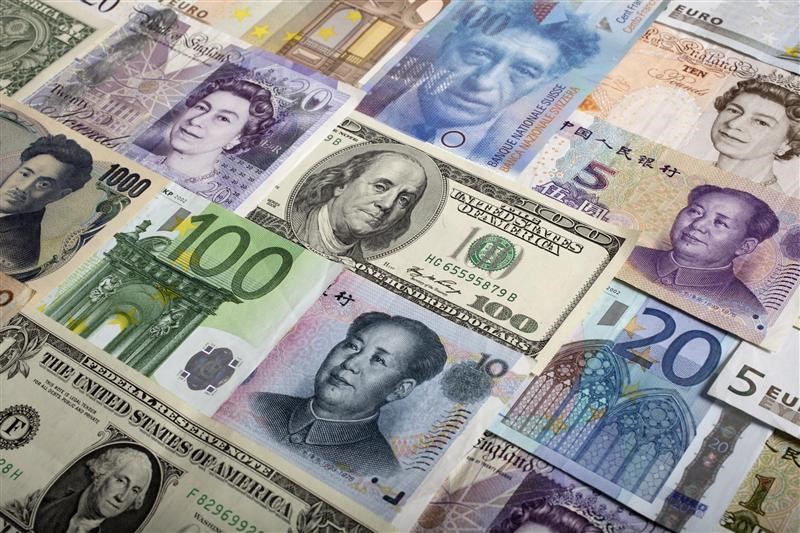(Bloomberg) -- Shell (LON:RDSa) Plc may have difficulty paying for Russian gas supplies this month because the Kremlin wants payments transfered through U.K.-sanctioned Gazprombank JSC, according to two people familiar with discussions in Russia.
Gazprom PJSC (OTC:OGZPY), the single largest provider of natural gas to the European continent, now only accepts ruble payments for supplies of the fuel to so-called ‘unfriendly’ states, including the European Union and the U.K. Shell has at least two long-term contracts that would be affected by this rule, jointly equivalent to about 1.5% of Gazprom’s annual exports to key foreign clients.
To keep receiving Russian natural gas, all European buyers now need two accounts in Gazprombank, one in rubles and one in a foreign currency, with the Russian bank responsible for making the conversion. This is not possible for Shell because the Gazprom-owned lender was sanctioned by the U.K. in March in retaliation for the invasion of Ukraine.
European nations, which rely on Russia for about 40% of their gas, are still getting to grips with the payment rules imposed by the Kremlin and assessing their impact on the continent’s energy security. Europe has announced plans to wean itself off Gazprom’s supplies in the medium term since the Kremlin ordered the attack on Ukraine.
Shell has pledged to make a “phased withdrawal” from buying Russian oil products, pipeline gas and LNG, but will continue to receive some supplies under long-term contracts until they expire. It has a 20-year agreement with Gazprom’s export arm to receive 1.2 billion cubic meters of gas a year until 2031 with delivery to Germany. In 2009, the London-based firm signed an agreement with Gazprom (MCX:GAZP) for annual pipeline-gas supplies of about 1.4 billion cubic meters until 2028.
Any purchases of liquefied natural gas from Russia are exempt from the ruble-payment requirement.
Gazprom is aware of potential payment issues with Shell and is looking into ways to resolve them, the people said on condition of anonymity because the discussions are not public. The Russian energy firm does not expect the switch to rubles to become a significant problem in its dealings with most of European clients, one of the people said.
“We are monitoring the situation carefully,” Shell’s press office said in an email, declining further comments on any potential issues with transferring money to Gazprom.
Gazprom started notifying clients about the new payment order on Friday. Customers will have a few weeks to adjust to the new rules as payments gas received in April are only due later this month or in May, said Kremlin spokesman Dmitry Peskov.
A number of EU officials have indicated that the new payment rules will probably have little effect on Russian supplies to the continent as the customers can still transfer the money in dollars or euros, depending on their contracts. Still, the question of whether the Russian decree undermines sanctions must be agreed at the EU level, according to a German official.
©2022 Bloomberg L.P.

